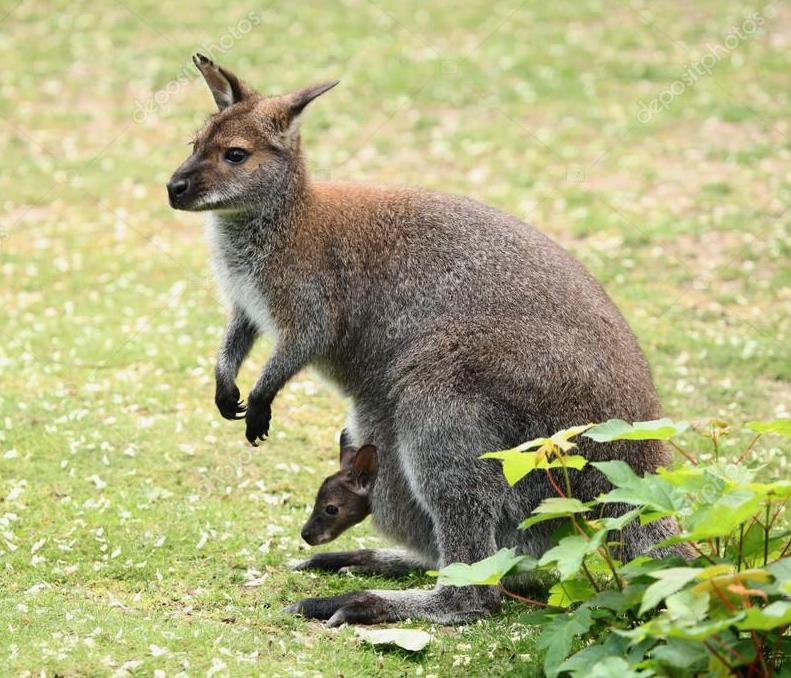Gastrointestinal Hypomotility Syndrome
Gastrointestinal hypomotility or GI stasis is diagnosed based on clinical history and the common clinical manifestations including reduced to absent appetite, reduced to absent fecal output, abdominal discomfort, and lethargy. It is ALWAYS SECONDARY to an UNDERLYING CAUSE such as illness, pain, stress, or inappropriate diet that negatively impacts GI motility.






 Nurseries, agricultural extension agents, botanical gardens and arboretums, and various books and websites are available to help you identify plants. Plants often have different common names throughout the country so make sure you know the scientific name of the plant in question otherwise you might end up with the wrong information.
Nurseries, agricultural extension agents, botanical gardens and arboretums, and various books and websites are available to help you identify plants. Plants often have different common names throughout the country so make sure you know the scientific name of the plant in question otherwise you might end up with the wrong information.